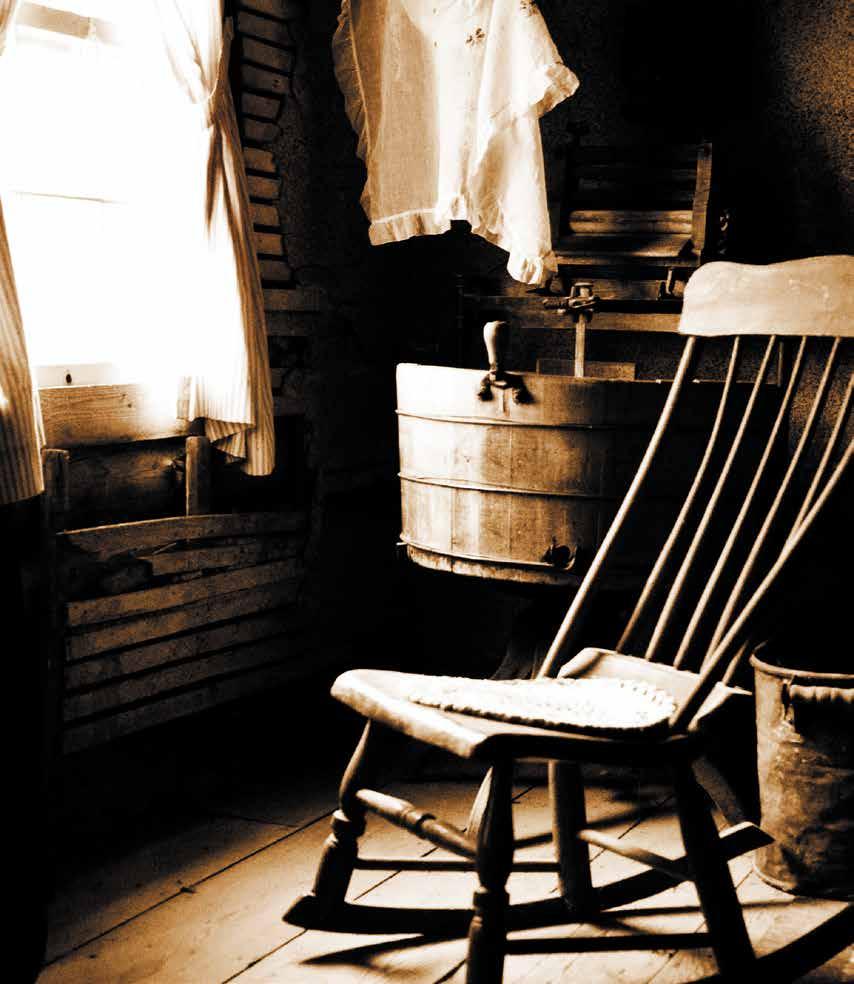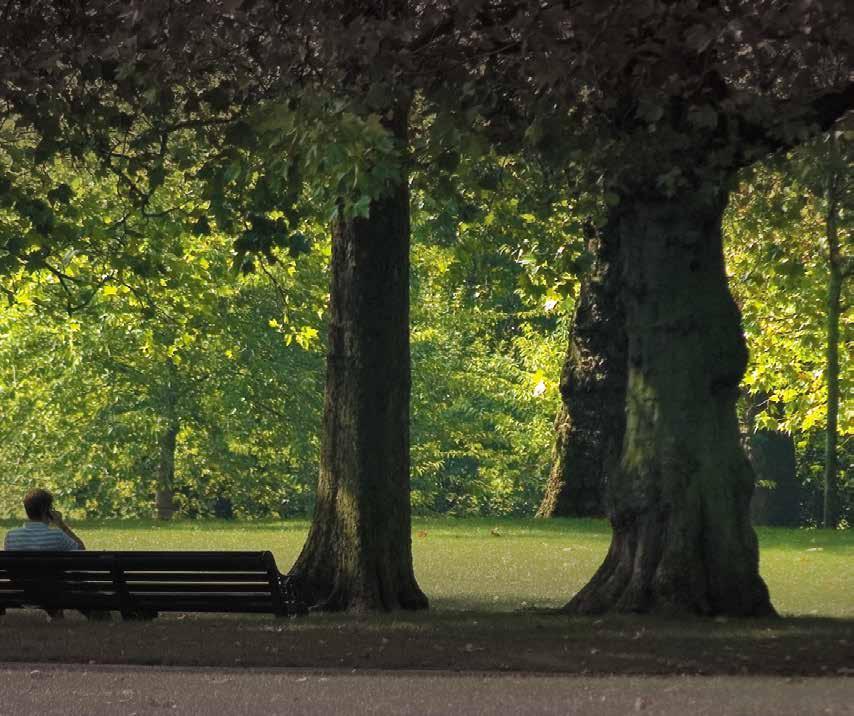[sense of place section]
The Place of Memory By Larry Woiwode
According to Russian-American novelist, Vladimir Nabokov, “Memory is imagination.” The idea is that memory is our line to a lived life. Memory not only triggers a warning of what’s on the stove before it starts burning (on the simplest level), but without memory there is no coherence to the course of daily existence, no past or present, no method to sort or retrieve any fragment of knowledge, and no way to gauge our acts against the history or wisdom present in tradition. So memory is indeed imagination, as Nabokov says. A creative or factual thought cannot rise from blankness; it comes from the storehouse of memory. Memory is as necessary to us as language. Actually, memory is the source of language, whether we think of it in those terms or not – and usually functions best if we don’t. In a further step, it’s through the aid of place that memory asserts its central role. I don’t merely mean the kind of moment, common to a person my age, that occurs when I go downstairs and can’t remember why I’m in the 30










